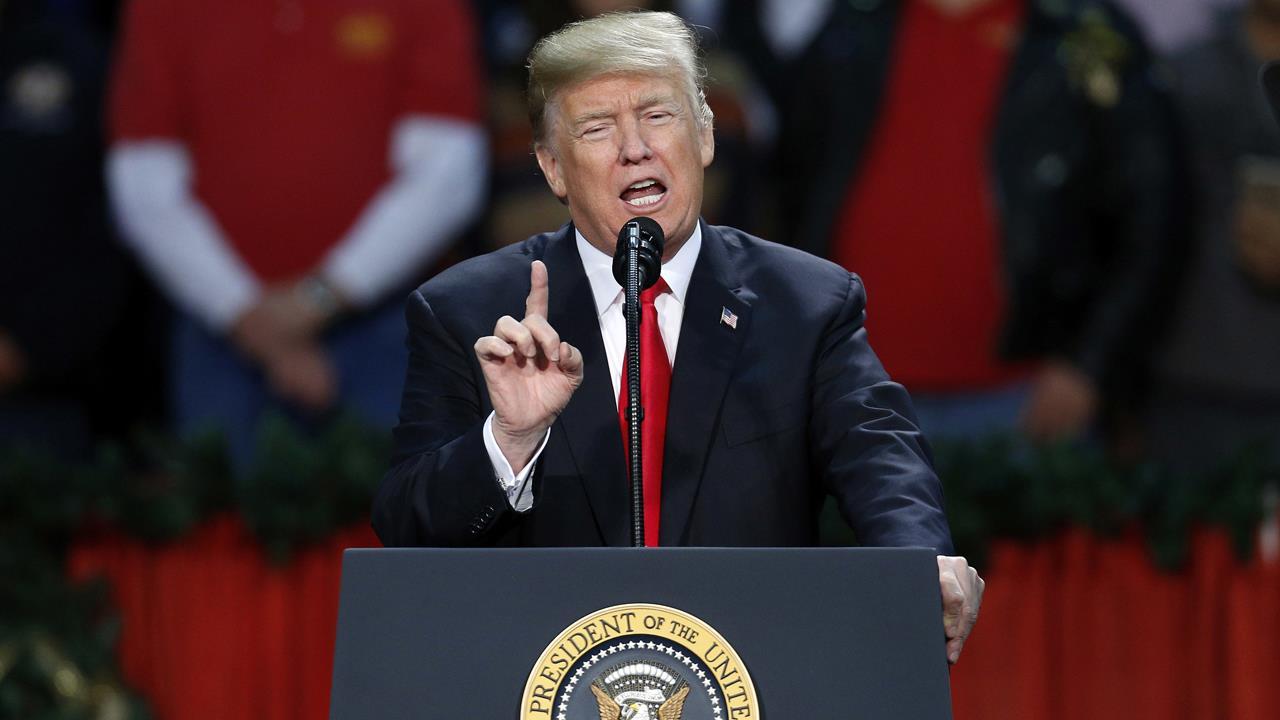Iran deal exit: biggest corporate losers
President Donald Trump announced on Tuesday that the U.S. would withdraw from the Iranian nuclear deal, reinstating “powerful” sanctions that stand to affect a number of multinational companies.
Not only will U.S. companies be affected by the change in policy, but the president said at the White House that under certain circumstances the U.S. will impose sanctions on other countries that continue to deal with Iran.
A number of corporations rushed to tap the Iranian market when the Obama administration provided sanction relief in 2015 under the Joint Comprehensive Plan of Action, as the Iran deal is known. But for some of those companies, those deals could turn into losses if the new sanctions require them to cancel transactions.
Here are some companies that could be affected by the reimposition of sanctions on Iran:
Boeing
The Treasury Department said that after a 90-day wind-down period, which ends Aug. 6, it would revoke authorization to export commercial passenger aircraft and related parts and services to Iran.
In April 2017, Boeing signed a $3 billion deal to sell 30 jetliners to Iran. That was in addition to a previous deal, valued at nearly $17 billion.
In reaction to Trump’s announcement on Tuesday, Boeing said that it would work with the government regarding the future of its deal.
“Following today’s announcement, we will consult with the U.S. government on next steps,” Gordon Johndroe, Boeing’s vice president of government operations communications, said in a statement. “As we have throughout this process, we’ll continue to follow the U.S. government’s lead.”
Airbus
European aerospace manufacturer Airbus makes 10% of its aircraft parts in the U.S. and is therefore subject to the U.S. policy changes. Airbus has a deal to sell 100 aircraft to IranAir.
In a statement on Tuesday, Airbus said it would make future decisions in full compliance with the reinstated sanctions.
“We’re carefully analyzing the announcement and will be evaluating next steps consistent with our internal policies and in full compliance with sanctions and export control regulations,” Airbus said.
General Electric
Non -U.S. affiliates of General Electric’s oil and gas business received orders from Iran in the first quarter of 2018 for valves and parts for machinery and equipment used in gas plants, according to regulatory filings.
In a statement, GE said it would amend its plans if necessary to comply with U.S. government policy.
“We are reviewing the President’s decision and will adapt our activities as necessary to conform with these changes in U.S. law,” the company said. “GE’s activities in Iran to date have been limited and in compliance with U.S. government rules, licenses and policies.”
Volkswagen
Last year, German automaker Volkswagen began exporting vehicles to Iran for the first time in nearly two decades. The company said it would monitor developments closely.
"Volkswagen began exporting vehicles to Iran last year,” the company said in a statement. “We are therefore monitoring and reviewing political and economic developments in the region very closely. As a matter of principle, Volkswagen complies with all applicable national and international laws and export regulations."
Total SA
French oil and gas giant Total SA has signed a $2 billion contract in conjunction with a Chinese company to develop the South Pars natural gas field – the world’s largest.
The company has already spent $90 million developing the project, according to Bloomberg, and will not be compensated for it until production actually begins. It would also lose its entire stake to the Chinese oil and gas company if it has to cancel the contract.




















